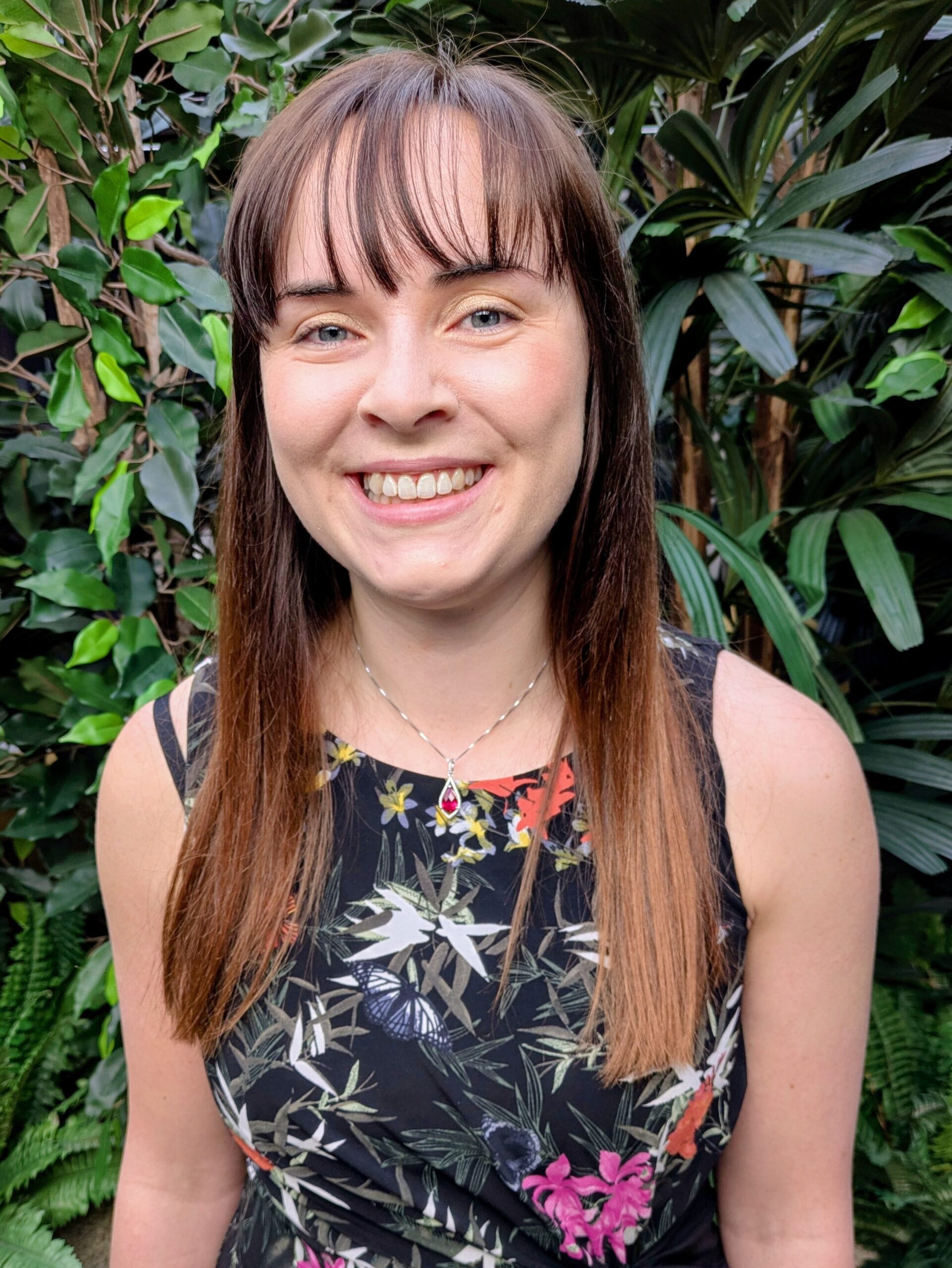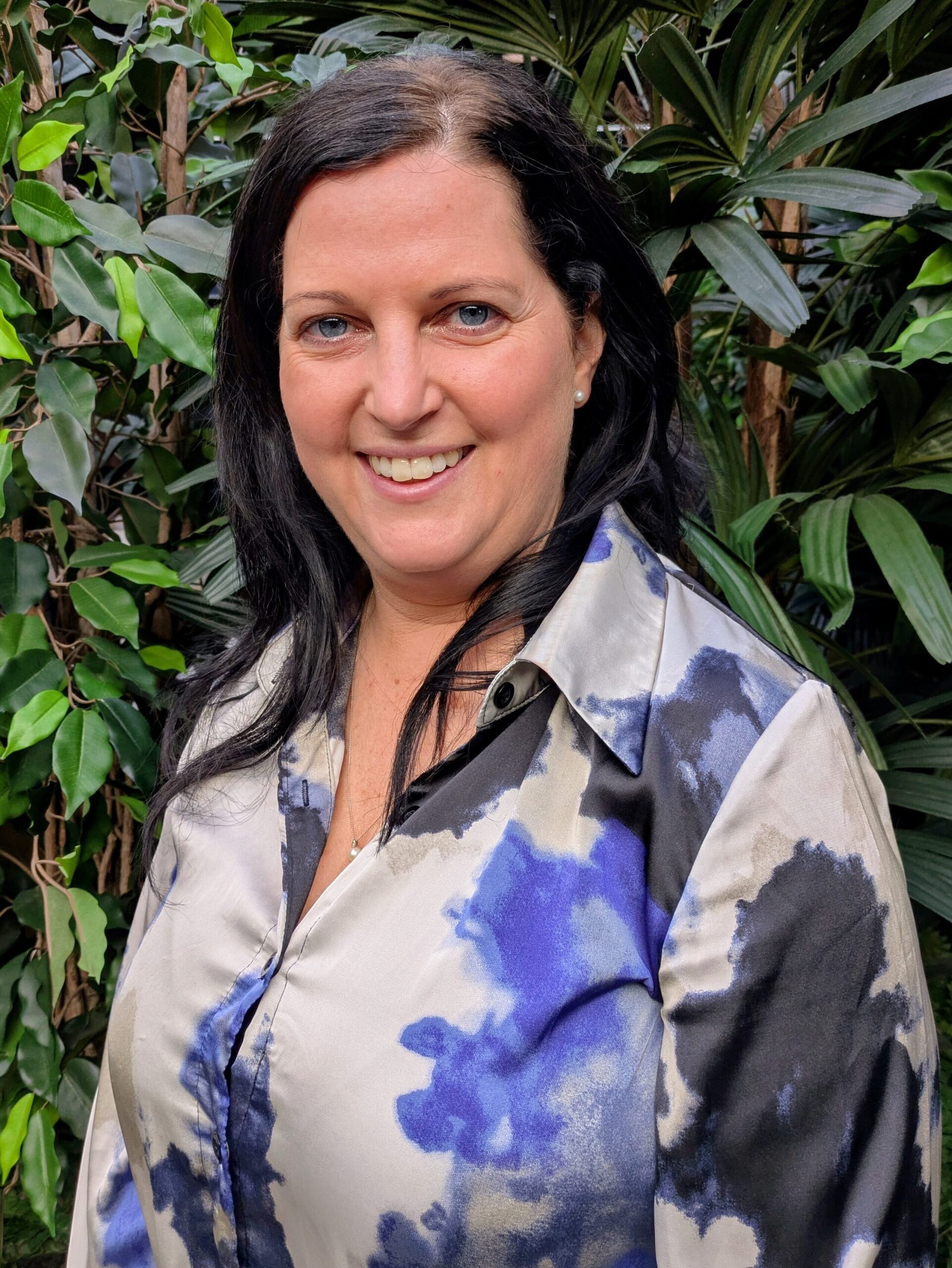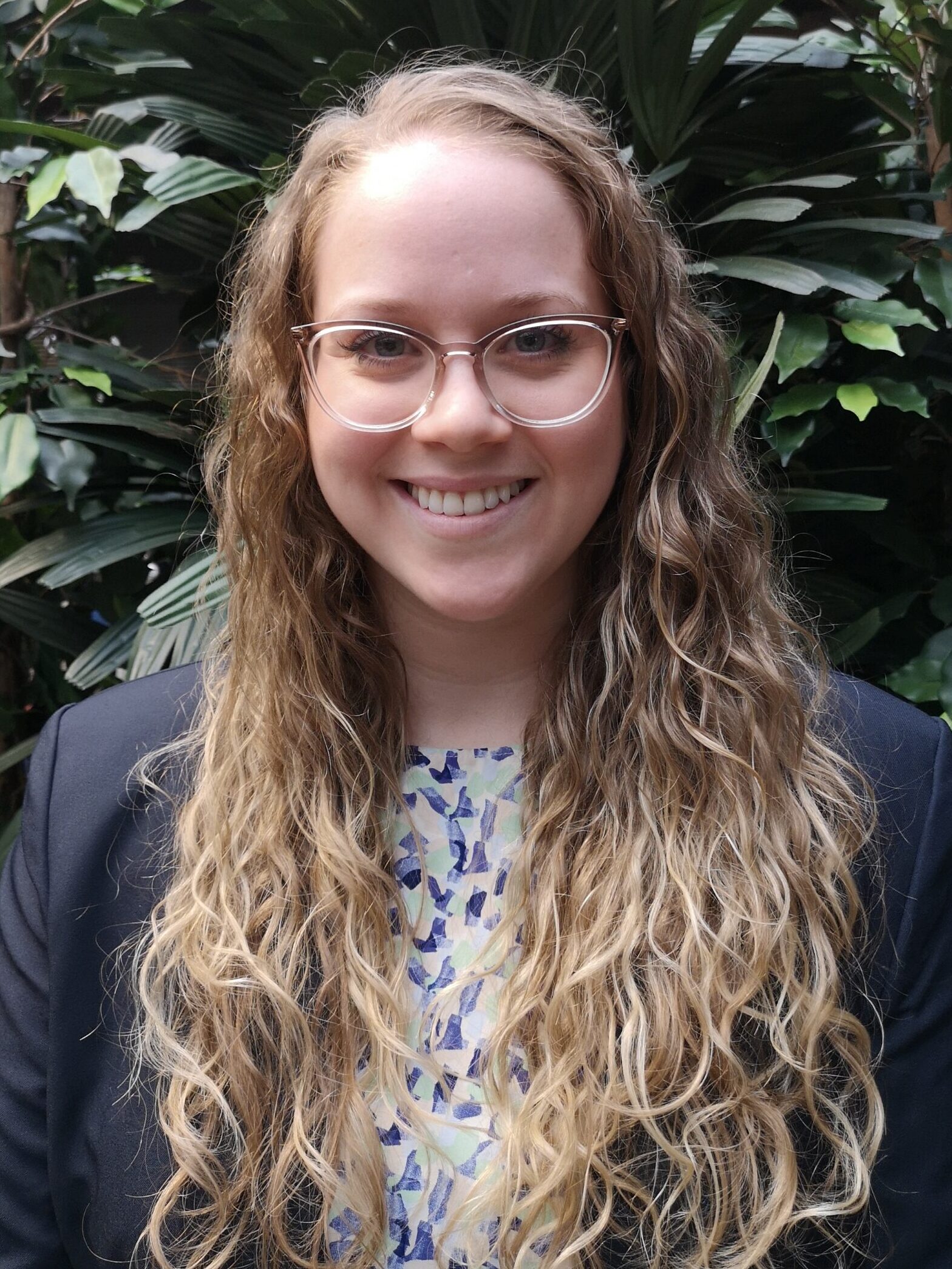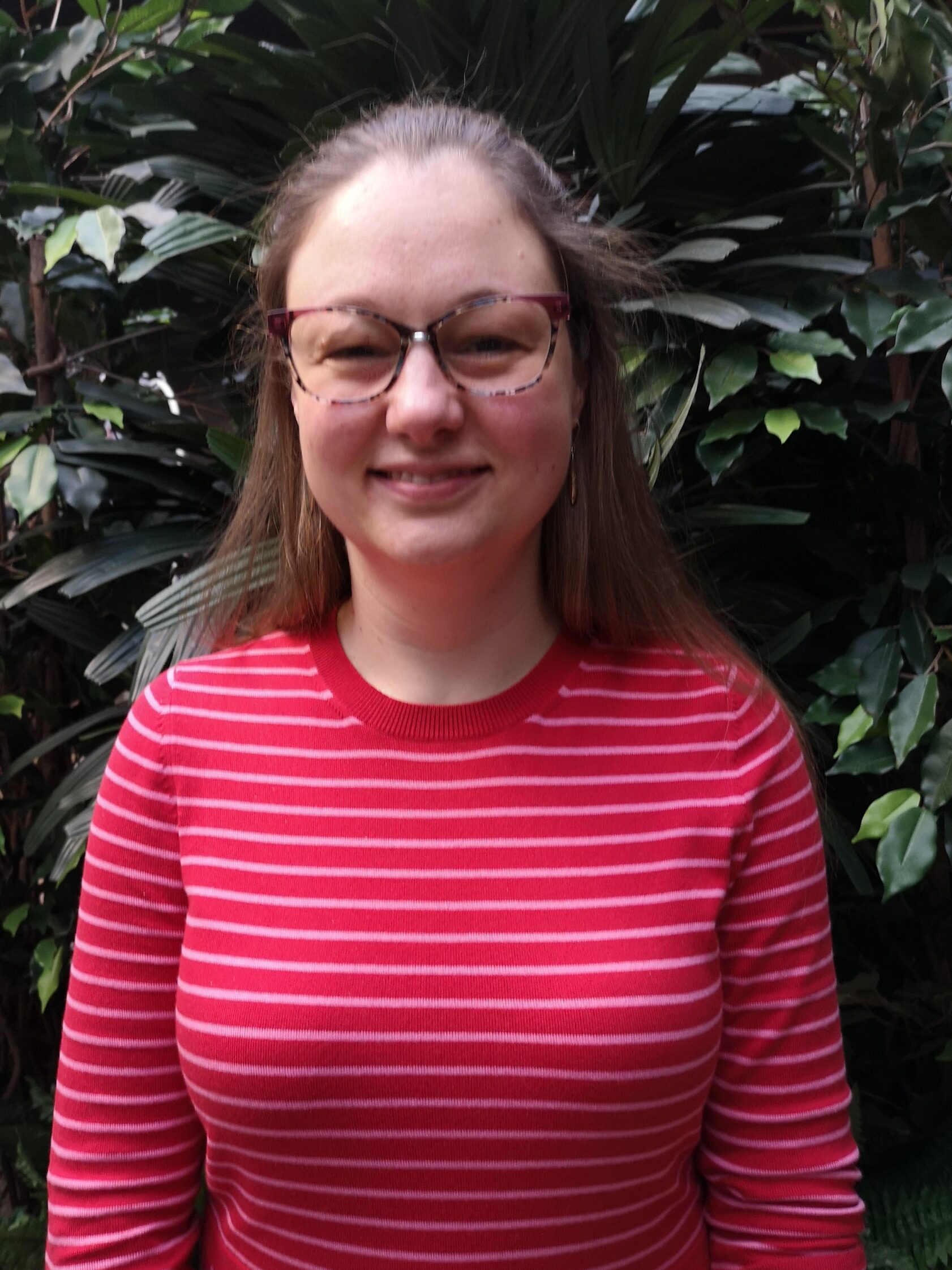
NIHR Oxford BRC Internship opportunity in clinical research for NMAHPPs
The NIHR Oxford Biomedical Research Centre (BRC) is making funds available to support the development of research skills and knowledge for nurses, midwives, allied health professionals, healthcare scientists, pharmacists and clinical psychologists working within the Buckinghamshire, Oxfordshire and Berkshire West Integrated Care System (BOB ICS).
For current opportunities we would like to direct you to the Launchpad programme: https://academy.hiowhealthcare.nhs.uk/launchpad-programme
Funds available
The funding is to be used to provide salary costs for nine months part-time, 11.25hrs/0.3WTE per week. Awards are expected to run from w/c 15 September 2025. We are offering up to five awards.
This internship opportunity would give you an opportunity to do any of the following:
- develop a research idea into a research proposal.
- conduct a research project that has already been designed and has approval.
- design and conduct a quality improvement, service improvement, audit or service evaluation project.
- conduct analysis of existing data and write a paper for publication in a peer review journal.
- conduct a literature review and write up for publication in a peer review journal.
- use data from practice and devise an implementation plan with results.
Application
You will need to have identified a project before applying. Once you’ve submitted your application, we will contact your current line manager to provide a statement of support for your application including confirmation that you will be released from clinical practice.
Please discuss expected salary costs with your line manager and/or finance business partner. Costs stated on the application should be the employer total cost. Note that we will not fund overheads.
Apply here: https://forms.office.com/e/GYBHDwTMe4
The closing date for applications is 12pm on Wednesday 4 June 2025. Interviews will take place on Wednesday 25 June between 12pm and 5pm.
Conditions associated with the award
You will be expected to remain in touch with your designated mentor for the duration of the internship. Any resulting publications must give credit to the NIHR Oxford Biomedical Research Centre. You will be expected to submit a 300 word abstract and oral presentation near the end of the funding period.
How your application will be assessed
This Assessment Scoring pdf document describes how applicants for Oxford BRC Internships are assessed.
Case Studies
Here, previous interns discuss what their internships mean to them.
Siobhan Trochowski – Vascular Scientist in the Jackie Walton Vascular Studies Unit

Siobhan has a job that entails carrying out ultrasound scans to diagnose artery and vein disease. For her project, she assessed how using different criteria for grading carotid stenosis impacted on clinical practice.
She said: “Having this amount of time was amazing. I built some research skills that I never thought I would have, such as how to manipulate a large data set. I can take those skills forward and carry out other projects now. It’s been really satisfying to be able to use those research skills, to see how that is affecting the patient pathway and how small changes that we could make on a daily basis could improve outcomes for patients in the long term.”
Following the internship, Siobhan has been part time lecturing in vascular science and says she wants to do a PhD in the future to develop her skills further.
Irena Pukiova – Advanced Nurse Practitioner in the Tissue Viability Team

Irena’s project succeeded in reducing the incidence of pressure ulcers by nearly 40 percent in the adult critical care unit.
She said: “It was really valuable for me because I was able to do the kind of research work which I would never be able to do when I’m only doing clinical work. I feel it’s necessary for me to explore the research part of nursing, and this internship allowed me to do that. I think it was the best kind of educational academic course I attended in my life. It really opened my eyes.”
Julia Pond – Physiotherapist in Cancer Prehabilitation
“I have been evaluating our service by looking at the prehabilitation service provision and pre-operative clinical pathways for different surgeries in different specialties – specifically major abdominal cancer and transplant.

Broadly we can evaluate our findings against available Macmillan prehabilitation guidance, and we can see that for physiotherapy in some specialities like upper-gastrointestinal cancer, there are a lot of areas to develop, which is great because we’re in the midst of developing our service, so this guidance has been invaluable for us to use. We’ve found that some professions that should be involved are not necessarily involved with some patients, which means we’ll be able to engage the multidisciplinary team and hopefully expand the services. In other specialities like transplant patients, we can see that they are doing very well against the guidelines.
My research is still ongoing, but I plan to disseminate to my team locally within our prehabilitation meeting and there is a lot of desire for further prehabilitation services so hopefully we will be able to expand and offer our services to more patients in different surgery pathways. It has given me useful skills, such as understanding at how to frame questions. For me and my career, this has really opened my eyes to what a career in research can look like, alongside maintaining the clinical aspect. Hopefully I’ll develop into the clinical academic role, ideally within cancer services. I’m keen to follow the BRC/NIHR pathway and apply for the BRC Pre-doctoral Research Fellowship. That will cover a period of one year, followed by a PhD and then develop into a clinical academic.”
Beverley Greensitt – Specialist Physiotherapist, Same Day Emergency Care

“I loved doing this internship as it has given me skills to problem-solve and find solutions from a different perspective. The best aspect was having protected time to do some research. That was very beneficial because I’m the only therapist on the Ambulatory Assessment Unit (AAU) and trying to put time aside when you are doing clinical work five days a week can be quite challenging, because the caseload in emergency care is variable and unpredictable, meaning that you are never entirely sure how the day will go.
The weekly mentorship was excellent, and it made it a safe space to learn. When I did the initial draft of my survey, it was all over the place, and Clair [Merriman] was very supportive at letting me learn from those mistakes, redrafting the survey so it was a positive learning experience.
I liked the peer support from the rest of the group as it allowed us to share our experiences during the internship. They prepared us well in the first month, with four teaching days to help refresh core skills. l and then we met up at other times during the six months to see where our projects were up to.
It has really helped me to look at things from a different perspective and problem-solve. We’ve had a clinical challenge recently and the skills I learned – such as utilising the librarians to help with a literature search – helped me to reframe the problem and work it out from a different angle. A year ago, I would have approached this differently and it may not have given me the solutions or answers that I ideally needed.
I work in Same Day Emergency Care, a relatively new model of working for emergency care. The aim is to get people home on the same day. I’m a therapist and I specialise in older people living with frailty. This group of patients are much more at risk of adverse outcomes or harms if they are admitted to hospital. In this model of care, people get their rehabilitation and care at home, so therapists have a key role in supporting that.
The challenge is that there is no centralised data set or benchmarking to show how therapists are working in same day emergency care units. I’ve wanted to benchmark for a long time around how I’m working and to share practice. This project has helped with that and to enable me to see what other trusts are doing. I managed to set up a therapy peer network a few months before doing the internship, so I had a group to send my survey to and that’s been very helpful as I discovered that other therapists working in SDEC have similar queries to me. I’m hoping that over time, we can all learn from each other.
It’s been well received by colleagues in the AAU. They were excited that I was going to be doing this internship and the other thing I’ve loved is the number of people who have offered help – that’s one of the nice things about research; people are prepared to help each other.”
Lara Carnie – Renal Supportive Care Specialist Nurse
“My project was to find out the information needs of relatives and loved ones of people who have been on dialysis and decided to stop that life-prolonging treatment. It consisted of interviewing bereaved people, to find out what they needed to know, so we can improve care in future for families in a similar situation.

It has been a really positive opportunity. I found doing the one-to-one interviews with the bereaved relatives to be moving and inspiring. It’s quite a unique position to be able to speak to someone whose loved one you have provided care for and have an in-depth conversation with them to learn about what that experience was like, the good and the bad. That’s had a profound positive impact on me as a nurse. I don’t think I’ll nurse in the same way because you reflect on how you deliver care, and I can already see it’s made me more confident looking after the families of patients who are facing really difficult decisions in difficult times.
It’s reminded me that as well as being compassionate, we also need to be clear with the information we are giving. Although as health professionals we sometimes get nervous about delivering bad news, what relatives and loved ones appreciate is honesty, for example knowing that time is short and their loved one is going to die within a short timeframe, it’s going to aid a good death and help families to make those last final memories.
I’m very grateful to the BRC for giving me the opportunity, time and funding to do this project but also to my clinical team for releasing me and allowing me to come and do this research project. Hopefully, I’ll be able to give back to the service and share my knowledge with the other nurses I work with. As a nurse, it’s quite uncommon to be released for research but it’s been really positive, and I would encourage other people to do it.”
Rachel Tan – Specialist Pharmacist in Critical Care
“This internship has been a very valuable experience in terms of providing mentorship and learning how to use the right methods and methodologies.
At the start of my project, I wanted to jump straight in to implementing interventions, but through this internship, I’ve learned to take a stepwise approach. For example, writing a clear aim, followed by doing a literature review, designing a study and engaging with stakeholders. This has definitely helped me to generate more meaningful data.

It’s a service improvement project looking at reducing the use of sedatives in ICU – we use sedatives in ICU to help our patients tolerate the ventilation tube, maintain comfort and relieve pain. However, we have been over-sedating our patients, especially in the post-pandemic era. During the pandemic, COVID patients were paralysed and were very unwell so they needed deeper sedation, but patients aren’t getting as sick now. So, we should be going back to a pre-pandemic state where patients are awake, alert and communicating their needs with their clinicians.
My project has been well received on the unit. Sedation was identified as one of the top priorities in ICU. With the help of the BRC and the protected time I’ve had, I’ve been able to get this off the ground and create some momentum. As a result, we’ve seen really good engagement and participation from clinical staff.
I did a lab-based project when I was a student and I told myself that I did not want to get into research as I couldn’t see the practical applications at the time. But being surrounded by research-orientated colleagues and seeing the impact of their work has sparked an interest in doing research. This internship programme has helped me appreciate the effort put into a research study, how complicated it is and how it helps to answer a lot of the questions we have in a clinical setting. I now feel empowered to incorporate more research into my current and future roles.”